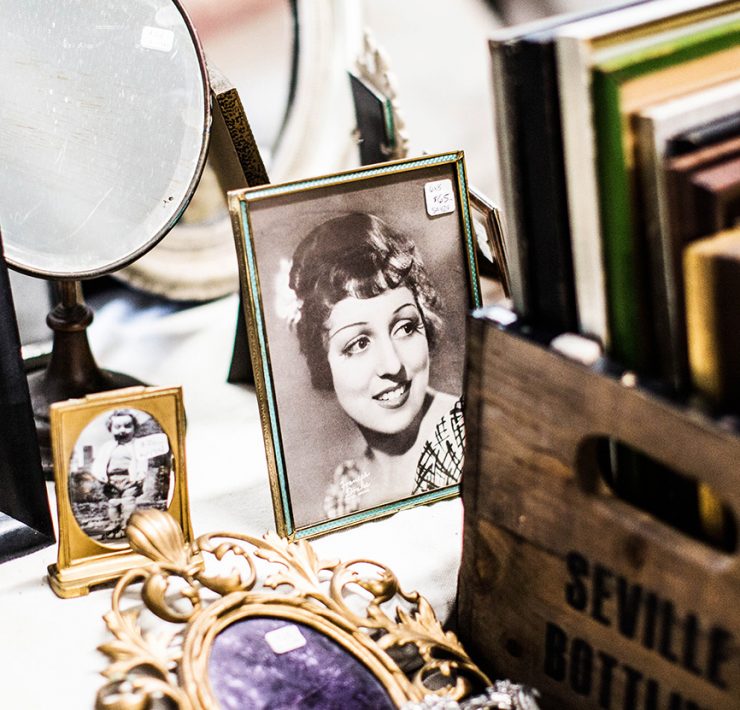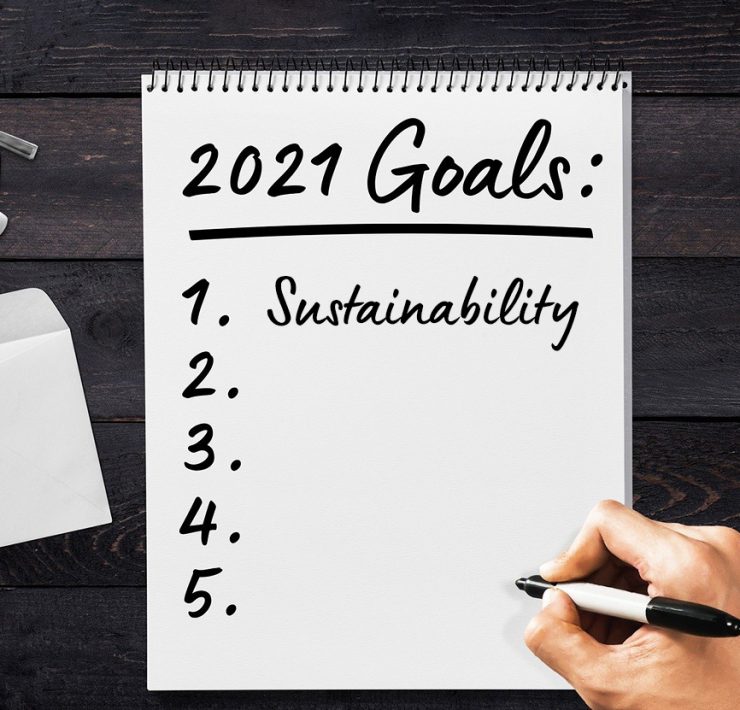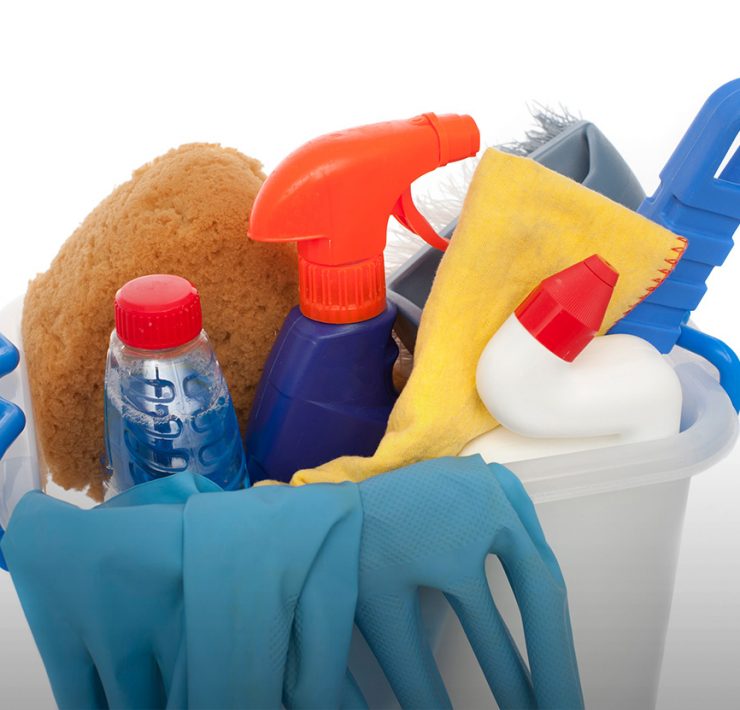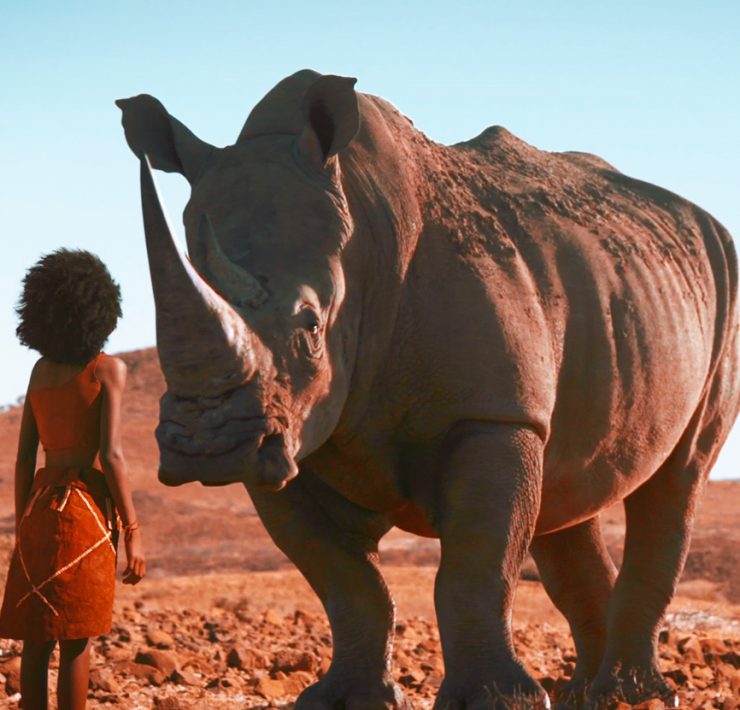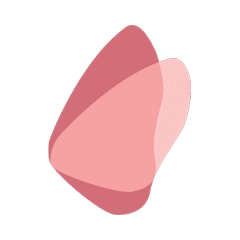Make a choice, shape the future
- Plasticity asks its players to choose small acts of kindness in an attempt to make a difference to an apocalyptic world filled with plastic debris.
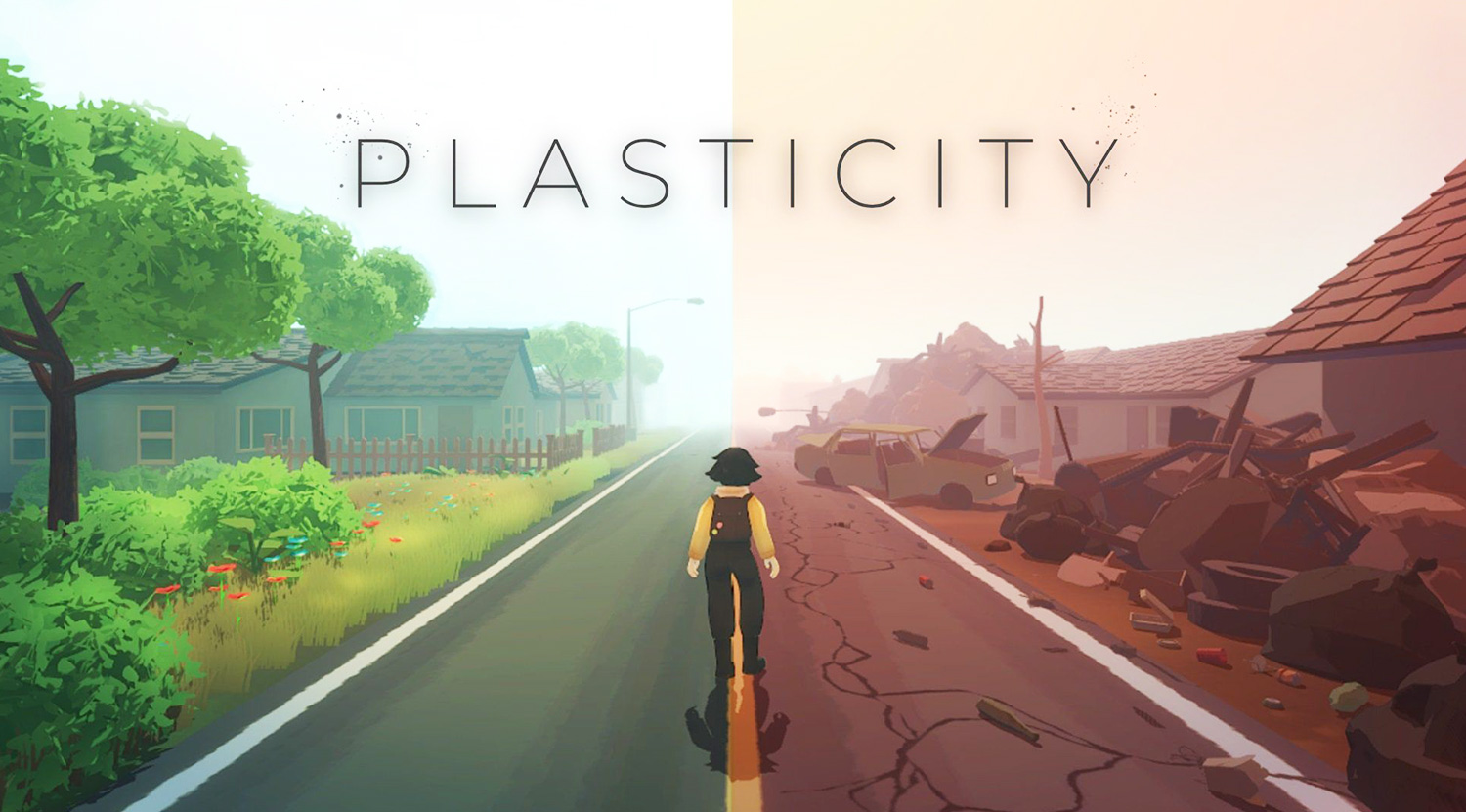
Gwyn is a SciTech journalist-turned content professional, and most recently…
If you play a word association game with the average millennial and ask them about video games, you’re likely to get responses closely split between “fun”, and “childish”. It’s a hotly contested battle of perception that has been fought for almost as long as there have been video games. Fun pastime though they are, it’s a disservice to consider games as only a medium of entertainment.
Ever since the first crude video game debuted in the 1950s, they have been used as a means of training and education, research in psychology and other fields, and even medical rehabilitation. Of those, games as a learning tool is the most publicised usage of the technology, whether that’s to train professionals in their field of study or helping kids learn their letters. Which is where the game Plasticity takes its cue from.
Plasticity is a humble indie title that sits solely on Steam, the world’s biggest PC game aggregator and platform from Valve Corporation. Nestled between video games that cost anywhere between ₹30 and ₹3,000, this one is available for absolutely free. No hidden limited demo period, no hidden costs, and certainly no microtransactions. It doesn’t make its creators any profits, though it has won them several accolades since its launch in May last year. That’s because, like many games before it, Plasticity is a learning experience.
Plasticity opens up on our protagonist Noa, a boy that’s so accustomed to living in trash it doesn’t even bother him anymore.
Developed by 30 students from the USC Games Program in partnership with the USC Environmental Studies department, Game Director Aimee Zhang and Lead Designer Michelle Olson say it’s a prototype to inspire people to care about animals and their relationship with single-use plastics. It’s an somber look at how, for better or worse, we affect the entire world around us.
It shows you what our bedraggled, polluted world looks like to a child born into it, and gives us hope that we might still have a chance to save it.
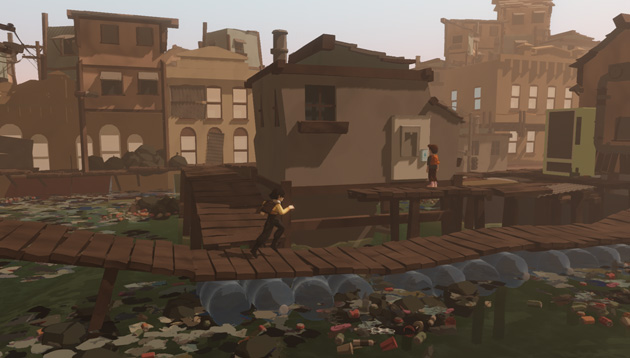
Plasticity opens up on our protagonist Noa, a boy that’s so accustomed to living in trash it doesn’t even bother him anymore. He’s not homeless, or dirt-poor, or even a delinquent. He lives in what would otherwise have been a snug little suburban home with his mother. It’s just that the garbage has encroached everywhere.
For the player, it’s a little startling to consider that this grim future might be only a decade or two away for our planet. But for Noa, it’s just Tuesday.
The story of Plasticity is about Noa chasing the memory of his now late mother. Before the days where she was ill and bedridden, he remembers walks together, fishing trips, and visits to the almost Elysium-like Avalon Island. So, one day, when he can’t bear the pain of losing her anymore, he shoves off to find the island and make it his new home.
Plasticity is a surreal experience that combines the lovingly crafted art and background score of a moving tale with the harsh realities of our world today. One of the first things you notice as you play is that the obstacles in your way as you run, climb, and jump are massive piles of scrap metal, plastic, and pools of industrial waste. Noa is unfazed however, even when he falls down a dark shaft hidden in a dumping ground, straight into a cesspool of who knows what.
Do you help the puppy with a bucket stuck on its head? Do you rescue the seagull from under the net? At each of these moments, Plasticity asks, “It’s small and seems inconsequential, but will you do it anyway?”
For the player, it’s a little startling to consider that this grim future might be only a decade or two away for our planet. But for Noa, it’s just Tuesday.
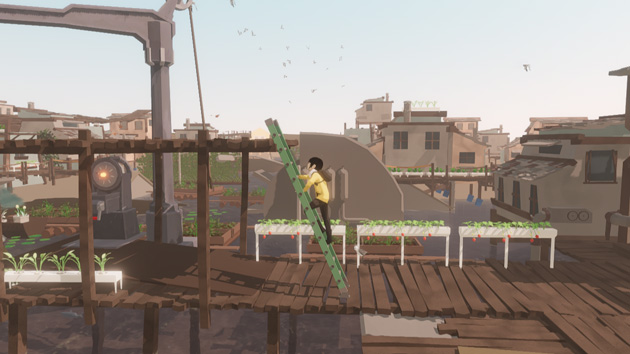
And yet as the game goes on, it presents you with tiny incidents, where you have to make a choice. Do you help the puppy with the plastic bucket stuck on its head? Do you rescue the seagull from under the net on the pier, even as many more struggle among tangled fishing lines in the water? At each of these moments, Plasticity asks, “It’s small and seems inconsequential, but will you do it anyway?”
Noa finds his mythical Avalon Island only to find it as overrun with trash as the home he just left. That’s when he realises the task before him. “We need to stop trying to find a new home and instead nurture and care for the one we have here,” the game says, as you play through symbolically cleaning up the island’s shore of plastic bottles.
Because that’s what the game is really all about. You might think you understand the title when you first enter Noa’s world and see cities, homes, and lives buried under plastic. In truth however, the real message is hidden in the meaning of the word. Plasticity (/plaˈstɪsɪti/):
“The adaptability of an organism to change in its environment.” Change, a little at a time. Because without that drastic change, things aren’t looking good at all.
As the makers of Plasticity valiantly insist, no change is too small. One person going plastic-free makes a huge difference in the battle.
The US National Oceanic and Atmospheric Administration (NOAA) estimates there’s about 8 million metric tonnes of plastic accumulated in our planet’s ocean waters. To put it into perspective, that’s approximately 800 crore kilograms of plastic that won’t decompose, won’t vanish, and won’t stop being a problem unless we do something about it. Single-use plastic bags, food wrappers, water bottles, all of it eventually makes its way to the ocean, where it breaks down over time and enters our ecological cycle, and eventually our food chain.
But as the makers of Plasticity valiantly insist, no change is too small. One person going plastic-free makes a huge difference in the battle. The scale of a problem shouldn’t scare you away from doing what you can to help.
Image Courtesy: Plasticity
Gwyn is a SciTech journalist-turned content professional, and most recently a newly-minted father. In his latest role, he's starting to embrace how important his actions are to his daughter and the future he leaves her.


